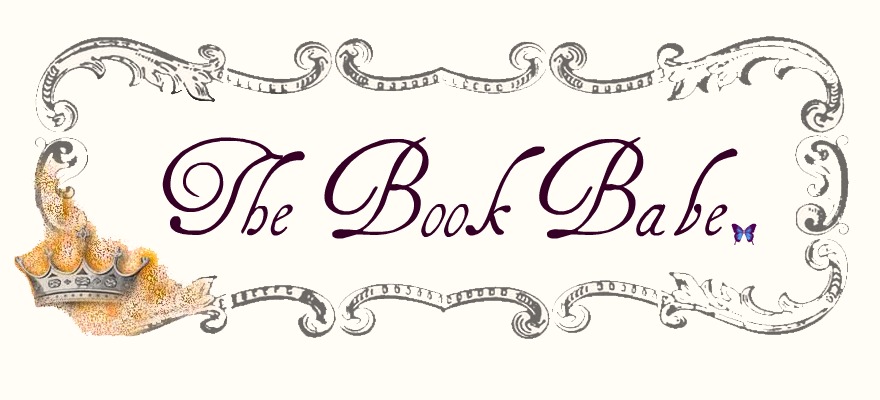Citizen is perhaps one of the most powerful, thought provoking books that I have read in a while. The book is a collection of poems about African American life; every thing that Rankine wrote reminds you of what it feels like to sometimes doubt what you feel, and think. One of the best parts of the book is about the career of tennis star, Serena Williams. In this particular part of the collection Rankine talks about some of the open criticism that followed Williams over the years when it came to her body. The idea that she was "to big", "to man-ish". Rankine discusses why Serena boycotted the India Wells tournament; a tournament where both she and her family had been openly booed. Not to mention the fact that racial epithets had been shouted at her sister and father. Rankine points out that Serena Williams seemed to detach herself from of the slights thrown at her; maybe it was a way to deflect the pain of being considered an outsider in the tennis world. Or maybe it was because Serena did not want to make a fuss about something that she knew would never change. Rankine also includes and image of Dane Caroline Wozniacki mocking Serena by stuffing rolled up towels into her shorts and top during a televised match. What made this particular section of the book stick with me was the fact that I never knew anything about these events. Of course, I know who Serena Williams is and what an incredibly focused athlete she is but I would have never ever imagined she had experienced this kind of thing. The larger thing I got from this is that sometimes the presence of a black body can be intimidating. In fact, this was a theme that ran throughout the book. Over and over again, Rankine draws attention to the "body", almost in a detached sort of way. On of my favorite passages reads as follows: " How to care for the injured body, the kind of body that can't hold the content it is living? And where us the safest place when that place must be someplace other than the body?"
Also she openly addresses the way we sometimes are made to feel guilty if we speak up about the things that make us uncomfortable. Like when a friend makes a racially charged joke etc. Sometimes we will call them on it only to shrink back when they deflect from it or say "none of the other black friends feel that way and how you feel is how your feel". Personally I can say that in the months after Trayvon Martin, Mike Brown, and Freddie Grey I have felt the same way. Like I was walking on eggshells with some folks, never really able to speak to the things that they said or posted on social media that made me upset.
What I so deeply loved about this book was that it was raw and real, a lot of the topics covered in the book is something that I think many African Americans can relate too. Also, I think its something a lot of other people would be a little shocked at. I will say that this book is definitely at the top of my gift giving list for the year. I will be recommending it to everyone I talk to that wants a good, thought provoking read. I gave this book 5 out of 5 stars on Goodreads.
Quotes I Loved:
"For so long you thought the ambition of racist language was to denigrate and erase you as a person. After considering Butlers's remarks, you begin to understand yourself as rendered hyper visible in the face of such language acts. Language that feels hurtful is intended to exploit all the ways that you are present. Your alertness, openness, and your desire to engage actually your presence, you're looking at, you're talking back, and, as insane as it is, saying please"
"And you were not the guys and still you fit the description because there is only one guy who is always the guys fitting the description....."
"What happens to you doesn't belong to you, only half concerns you. It's not yours. Not yours only"



No comments:
Post a Comment